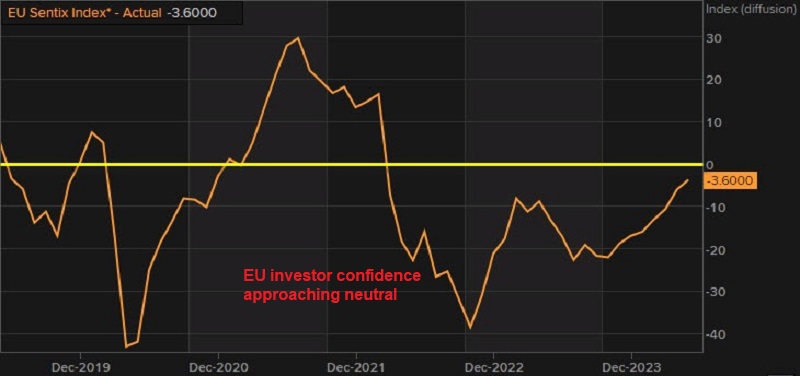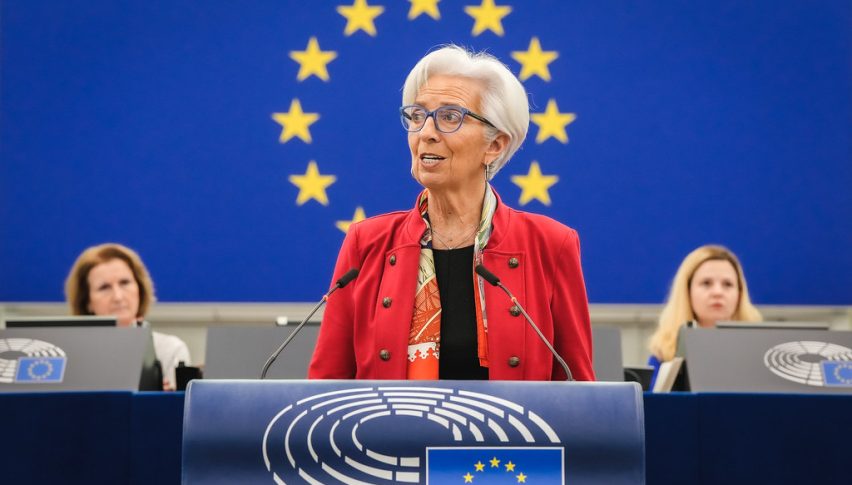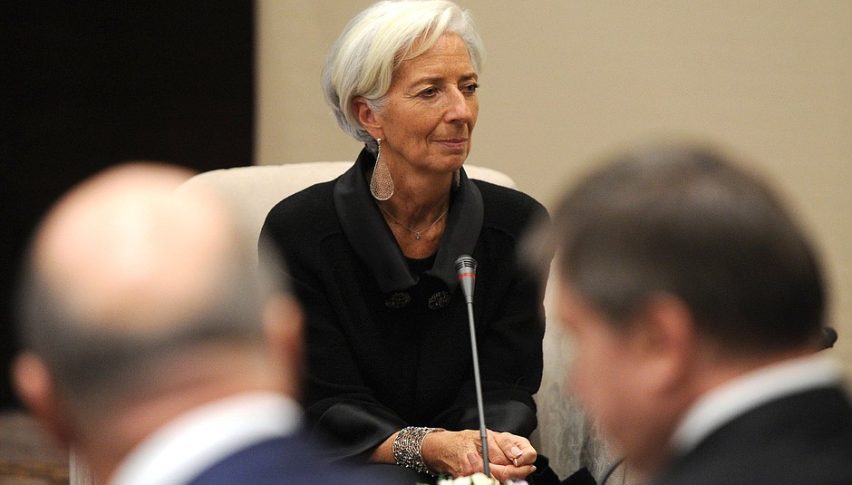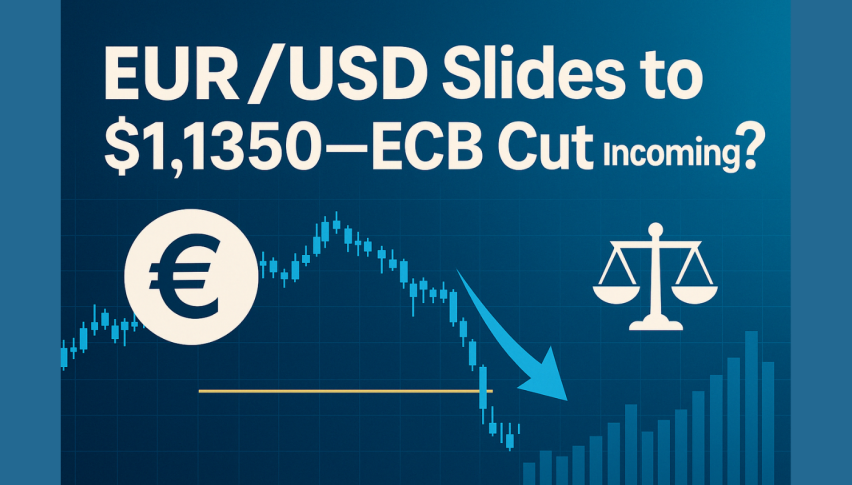- Services PMI at 53.3, surpassing expectations of 52.9 and the previous reading of 51.5.
- Composite PMI at 51.7, exceeding expectations of 51.4 and the previous reading of 50.3.
Key Remarks Include:
- HCOB Eurozone Composite PMI Output Index at 51.7, marking an 11-month high compared to March’s 50.3.
- HCOB Eurozone Services PMI Business Activity Index at 53.3, also reaching an 11-month high compared to March’s 51.5.
- Service sector recovery drives growth in April, although price pressures are building.
Comments from HCOB
Commenting on the PMI data, Dr. Cyrus de la Rubia, Chief Economist at Hamburg Commercial Bank, said:
“This looks pretty nice. Service providers have now expanded their activity for the third consecutive month, putting an end to the lack of dynamism observed in the second half of last year. Encouragingly, employment has increased at a faster rate, aligning with the uptick in new business and the growth of the order book, which has seen its strongest expansion in eleven months. These trends suggest a growing optimism among service providers, a sentiment further bolstered by business expectations, which are currently at much higher levels compared to the average of the past two years.
“Productivity poses a significant challenge for the services industry and the ECB. Since early 2021, service providers have consistently expanded their staff, even during the weaker phases of 2022 and 2023. This trend suggests that companies, faced with staff turnover, may need to hire multiple individuals to maintain the same level of output, indicating reduced productivity. Meanwhile, the PMI index for operating costs in the service sector, which largely comprises unit labour costs, has continued to increase at a rapid pace over the past twelve months, following a sharp uptick in 2022. The ECB is cognizant of this trend and is likely to proceed cautiously with regards to the extent of rate cuts.
“Service companies successfully passed on a portion of the increase in operating costs, indicating improving demand conditions. It means also that the market structure is characterized by healthy competition without being excessively destructive.
“Spain is outpacing Germany, Italy, and France, with its Services PMI remaining several points ahead of its peer economies. Despite political turbulences, Spain appears to be capitalizing disproportionately on tourism. Moreover, according to the IMF, the Spanish government is less focused on austerity measures compared to other top eurozone economies, meaning less of a break on the economy.”





